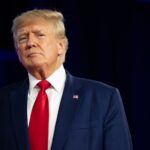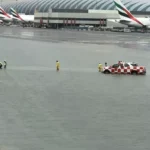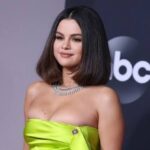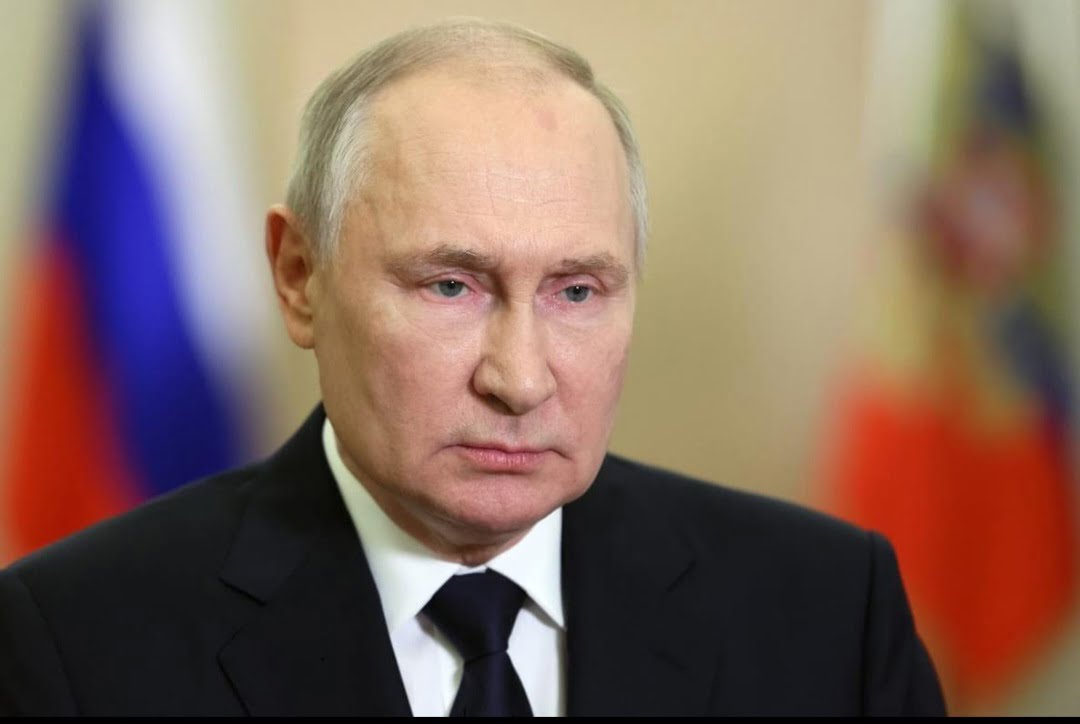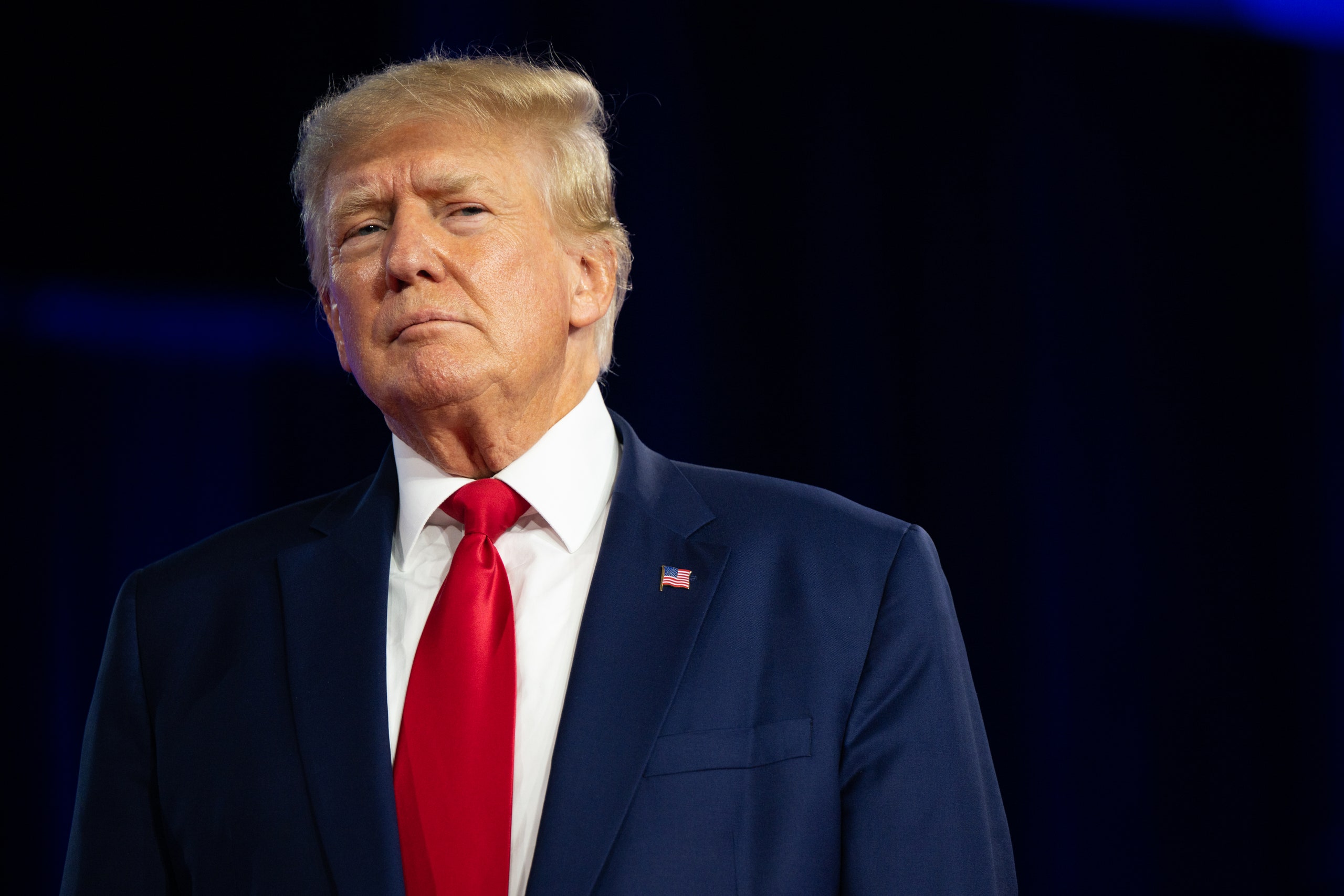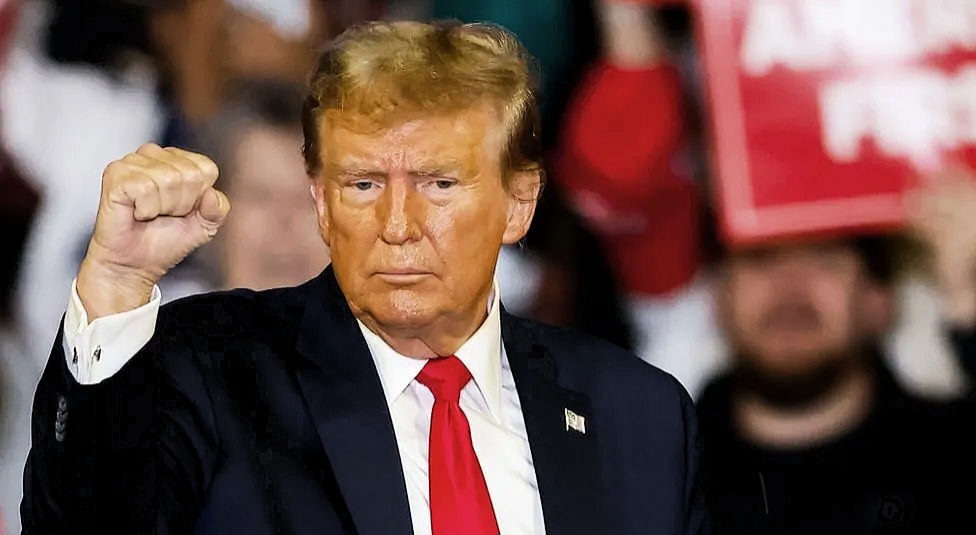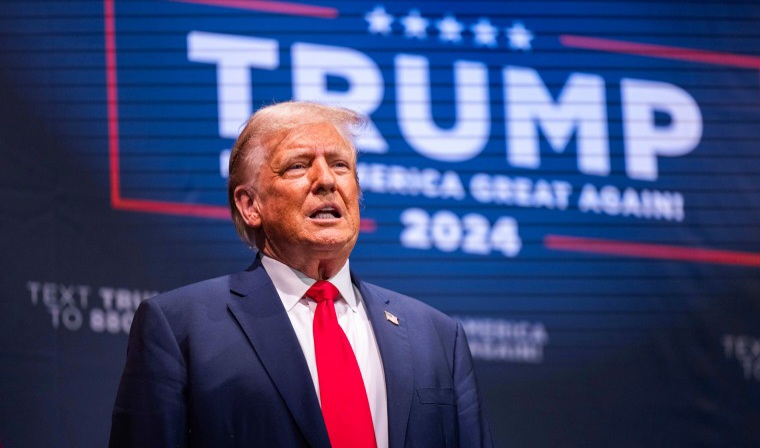For Mr. Putin, the election is a formality: with the support of the state, state media and almost no mainstream public dissent, he is certain to win.
On December 8, Russian President Vladimir Putin declared his candidacy for the 2024 presidential election, signaling his intent to extend his rule potentially until 2030. Having assumed the presidency at the close of 1999, succeeding Boris Yeltsin, Putin has surpassed all other Russian leaders, including Josef Stalin and Leonid Brezhnev, in terms of tenure.
After bestowing Russia’s highest military honor, the hero of Russia gold star, upon soldiers who fought in Ukraine, Putin confirmed his candidacy in response to a lieutenant colonel’s inquiry. Despite minimal public dissent and overwhelming state support, the election is more of a ritual for Putin, who, at 71, is set to secure another term.
Critics view the election as a superficial display of democracy, concealing what they perceive as the corrupt dictatorship of Putin’s Russia. Supporters, however, dismiss such claims, citing high approval ratings exceeding 80% and attributing Putin’s leadership to restoring order and reclaiming Russia’s influence lost in the aftermath of the Soviet collapse.
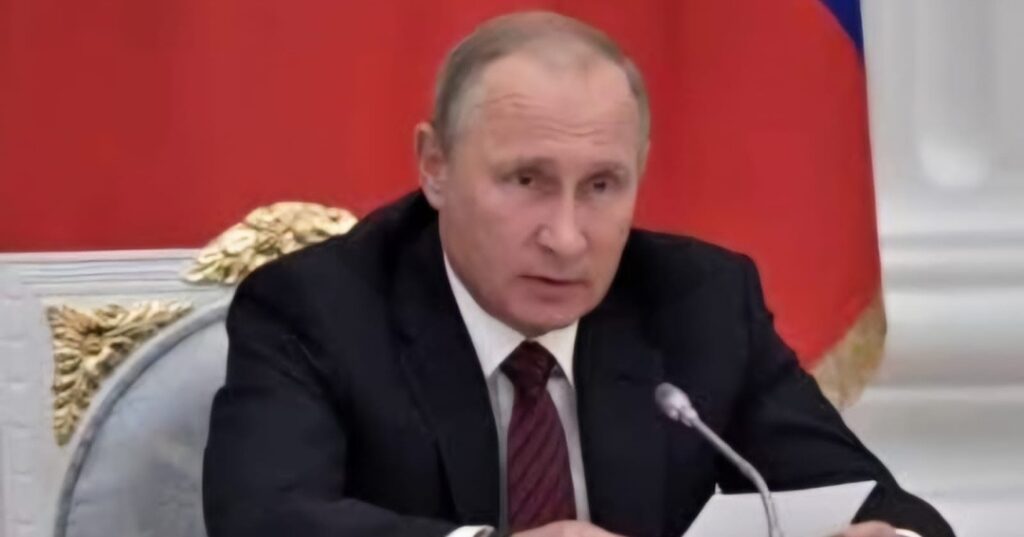
The national elections commission in Russia officially registered the initial two contenders, Leonid Slutsky from the nationalist Liberal Democratic Party and Vladislav Davankov from the New People Party, who will participate in the upcoming March election, widely anticipated to be won by President Vladimir Putin. The commission granted approval for their inclusion on the March 15-17 ballot.
For Putin, the electoral process seems more of a formality, as the state, state media, and a scarcity of mainstream public dissent virtually ensure his victory. Having turned 71 on October 7, Putin’s dominance in Russian politics persists.
While opposition figures portray the election as a mere semblance of democracy, masking what they perceive as the corrupt dictatorship under Putin’s rule, supporters refute such claims. They point to independent polling, indicating approval ratings exceeding 80%, and argue that Putin has effectively reinstated order and reclaimed some of Russia’s lost influence from the tumultuous aftermath of the Soviet collapse.
